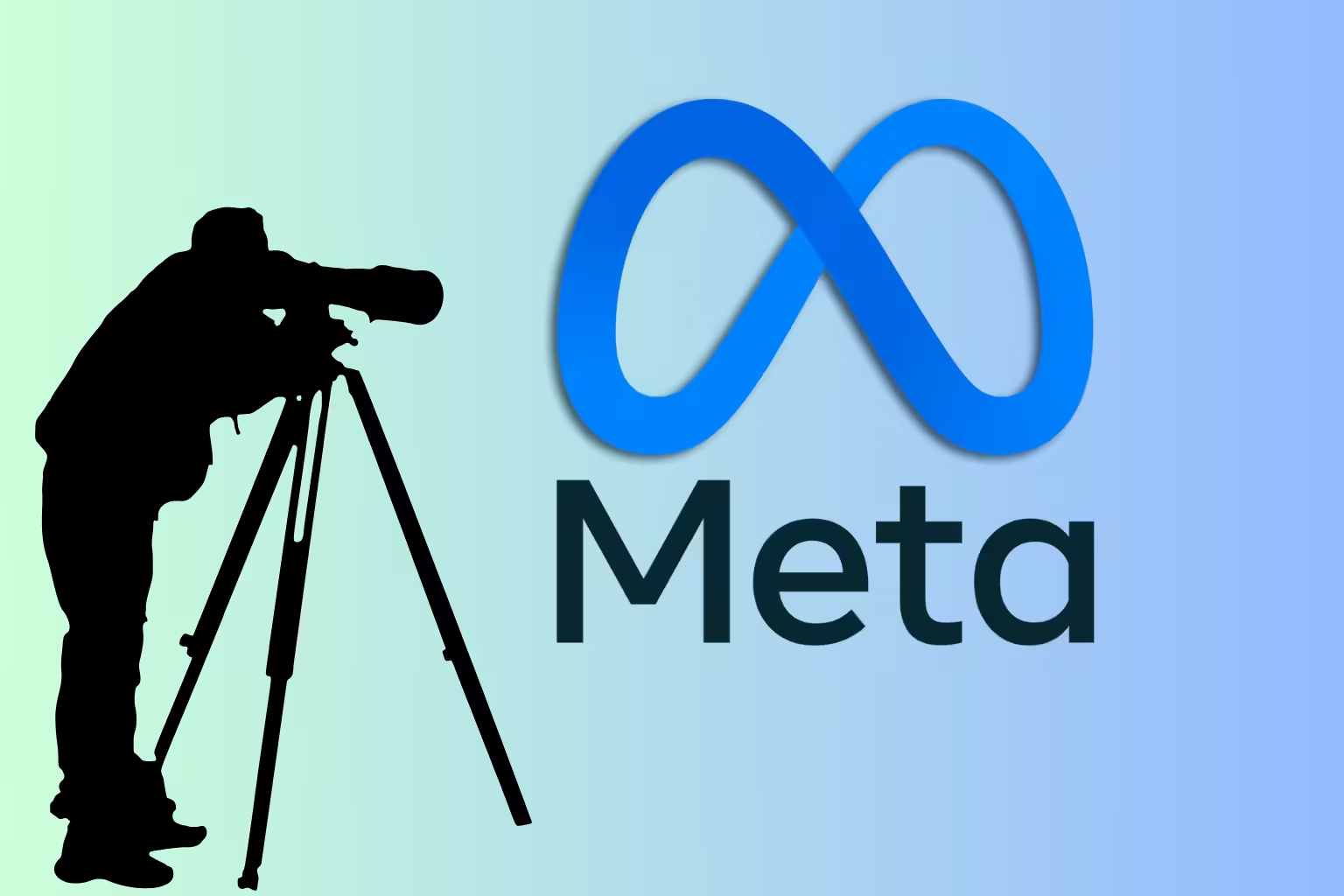
Meta Faces Legal Heat Over Alleged Use of Pirated Books for AI Training
Meta, under Mark Zuckerberg’s leadership, faces allegations of using pirated books to train its AI models, sparking fresh copyright infringement claims.
Meta Platforms is under scrutiny after a group of authors claimed the company knowingly used pirated books to train its AI models. Internal documents allegedly reveal CEO Mark Zuckerberg approved the practice despite concerns from Meta’s AI team.
In a federal lawsuit brought in California, authors like Ta-Nehisi Coates and comedian Sarah Silverman say Meta violated their copyright. They say that Meta trained its Llama language model with the AI training dataset LibGen, which is known to have millions of stolen works in it.
Exposure of Evidence During Discovery, court documents show that Meta’s internal communications admitted that LibGen was stolen. Authors say this new proof strengthens their case and wants to bring back claims of copyright mismanagement and add a new claim of computer fraud against Meta.
Meta hasn’t said anything about the claims yet. The claim is the latest in a long line that accuses tech giants of misusing copyrighted content to make AI systems. This has led to discussions about fair use and the right way to use AI.
U.S. District Judge Vince Chhabria let the writers change their complaint, but he wasn’t sure if their claims of fraud and copyright management would be successful. The result could be a big deal for how AI is trained in the future.
In this case, we see that there are still issues between content creators and AI developers. Using copyrighted material in training AI is now a subject of interest by the law and various ethics groups. This could drastically reshape how companies look to create AIs as illustrated by the meta case.

